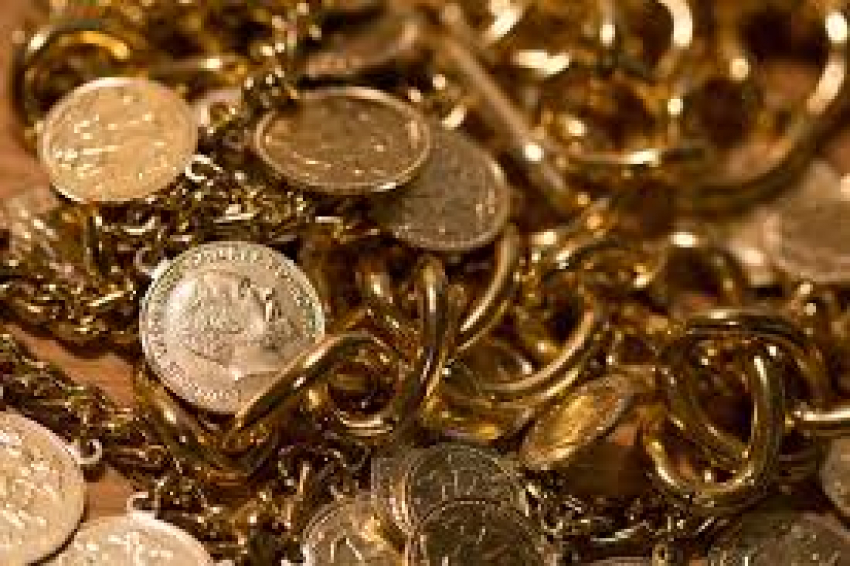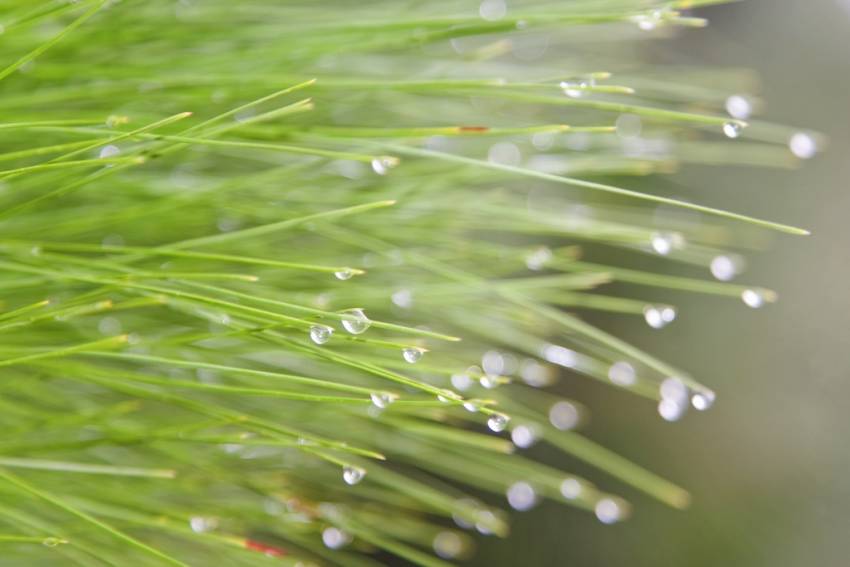The Canary Islands Tree That Makes Rain
The Canary pine (pinus canariensis) is a miracle tree. Its needles make rain from the clouds and protect the tree from intense forest fires.
When the Trade Winds blow clouds and mist through the Gran Canaria pine forests the mist condenses on the long, droopy needles and falls as rain. This allows the pine forests to grow in areas with little rainfall, provided that they are high enough to get covered in cloud during the winter. The same long needles protect the trees from fires by burning fast before the heat damages the growing buds.
Canary pine grows all over the mountains of Cumbres of Gran Canaria, as well as on Tenerife, La Palma and El Hierro. It can reach 45 metres with a trunk at least 1.5 metres in diameter. The island's pine forests are home to a number of endangered animals and plants, including the Blue Chaffinch.
Gran Canaria's forests are recovering after centuries of over-exploitation and most of the forest you see was planted after the 1960s: Big old pine trees are rare as most were cut down for timber and charcoal.
Canary pine trees have lots of other uses: The seeds are edible, and a needle tea treats colds, coughs and bronchitis. Canary pine oil from the needles makes a powerful rub for arthritis and rheumatism, as well as being antiseptic. Canary pine wood is excellent for making furniture, but is no longer harvested.
The best way to see the Canary pine is to head up to Roque Nublo in the centre of the island. The whole surrounding area is covered with pine forest and there are plenty of walking tracks. Be careful with cigarettes, and never leave glass bottles behind, as the pine forests catch fire easily!
Gran Canaria Info recommends:
- Default
- Title
- Date
- Random
Join the Gran Canaria Info newsletter list
Gran Canaria info recommends
-

The Best Value Car Rental Service In Gran Canaria
-

Which Gran Canaria Airport Transfer Service Is The Best?
-

Off The Beaten Track With A Gran Canaria Buggy Trip
-

Gran Canaria Shopping: Start At Fundgrube For Price & Quality
-

Casa Romantica: A Classic Gran Canaria Restaurant Reborn
-

Hassle-Free Gran Canaria Car Hire
- 1
Follow us on Facebook
Tip of the day
-
Exchange Money In Gran Canaria Or At Home?

Visitors to Gran Canaria often ask whether it is better to exchange their local currency for euros at home or in Gran Canaria.
The answer is that it is almost always better to buy your euros at home than it is to bring pounds to Gran Canaria and use local banks or currency exchanges. This rule of thumb applies all over the world. A currency is almost always cheaper the further away you are from the place you can spend it (because demand for it is lower).
Exchange rates are almost always better at home than in Gran Canaria
You are very likely to get a better exchange rate using a British currency exchange specialist or local bank. Many of these companies will deliver your euros to your home.
One of the best rates in the UK is often from the post office, especially if you do it well in advance.
The only way you'll get a better rate in Gran Canaria than at home is if the exchange rate changes while you are travelling and this is rare.
You also have to bear in mind that currency exchanges in Gran Canaria are getting rarer and some local banks don't exchange money for non-clients.
To Transfer large amouynts of money to Gran Canaria, or to make regular transfers, always use a reputable currency broker such as Currencies Direct. This will save you money on exchange rates and bank charges and is highky secure.
The risk of bringing cash to Gran Canaria
Another important factor to consider is the risk of bringing cash to Gran Canaria: If it is lost or stolen, there is no way of getting it back.
It is much safer to bring a debit or credit card and use local bank ATMs to take out money. These days, a good option is a pre-charged debit card.
Cards may be slightly more expensive that carrying cash, unless you seek out a bank card with low commissions, but it is much more secure.
Bank ATMs like Bankia, Santander and BBVA often charge lower rates than the ATMs in shopping centres and busy tourist areas.
Alex Says: Always select the Euro option at ATMs in Gran Canaria because the exchange rate is much better than if you opt for the Local Currency option. The same applies when you pay by card in shops and restaurants.
See our Gran Canaria Tips section for more nuggets of useful local information.
Latest articles
Who's Online
We have 4086 guests and no members online






